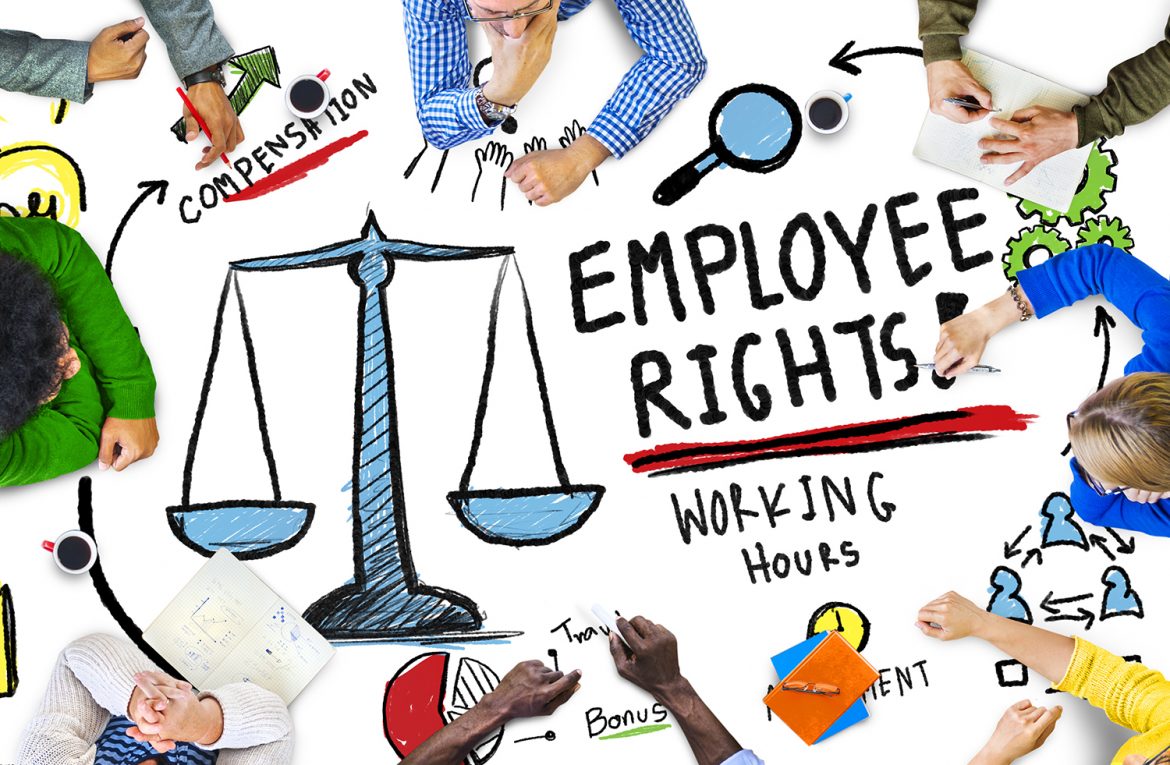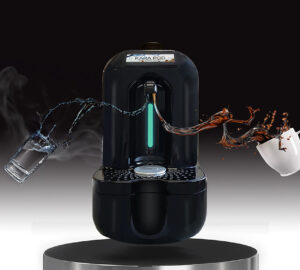
Baristas and other service workers in New York City are about to see a whole slew of new laws ensuring consistency and work-life balance in their schedules. Set to take effect on November 26, these new labor laws, called the Fair Work Week package, step out further than any in the country have yet in the direction of guaranteeing service workers some of the same benefits that allow workers in other sectors to live fairly and equitably.
“Last fall, we promised to make the lives of some of our city’s hardest working just a little bit easier by bringing fair, predictable scheduling to their jobs,” said New York City Mayor Bill de Blasio. “Predictable schedules and predictable paychecks should be a right, not a privilege. With this legislation, we are continuing to build a fairer and more equitable city for all New Yorkers.”
The five-law package mandates that workers must receive their schedules two weeks in advance, that they cannot be scheduled for shifts with less than an 11-hour gap between them, and that part-time workers are offered full-time roles before new workers are brought in. It also prevents certain businesses from placing workers on call and allows workers to deduct a portion of their paychecks as donation to a non-profit of their choice if they so desire. In coffee terms this means that, as of November 26, NYC baristas will see an end to “clopens”, same-week schedule releases, being called in on their days off, and being continually part-timed for business owners’ convenience.
In an era when so many US politicians are looking to weaken workers’ rights in the face of soaring housing and healthcare costs, NYC leadership framed this legislation as a way to keep its labor force safe, healthy, and intact. “One in nine New Yorkers is a retail worker, they are among the lowest wage earners in our city, and they struggle to survive on often part-time work, barely making ends meet,” said Stuart Appelbaum, President of the Retail, Wholesale, and Department Store Union, who emphasized that the new laws will help workers plan their lives around childcare, education, or multiple jobs.
New York coffee workers I talked to feel that the changes are mostly positive, although they see more complexities and potential downsides to the actual implementation. “On the whole, I think these changes promoting worker protections are awesome,” said Bailey Arnold, Director of Coffee at Gregory’s Coffee. “We’ve always been very careful to try not to overwork or demand too much from our employees, not only because we value their health, well-being, and general workplace satisfaction, but also because most of our shops are pretty high-volume and that’s how you hit the gas on turnover.”
However, even though many high-end coffee businesses already try to live by these laws, some of the measures do present new challenges. “For us, a possibly negative aspect to these new protections are that some people who specifically work in the service industry in order to have freedom and flexibility in their schedules may feel disappointed or limited by needing to give conflicts so far in advance,” said Arnold. “Also, if a team member leaves a store due to promotion, transfer, resignation, or termination, the manager can’t whip up a new schedule as quickly or as simply as previously. Businesses who are doing the right thing already may groan that they’re being ‘punished’ for others who may have taken advantage of their employees.”
“But it’s not all bad,” says Arnold. “We should be grateful, hopeful, and excited that we’re moving toward this becoming the norm.” Arnold tells Sprudge that the CEO and HR team at Gregory’s briefed store leaders about it as soon as they found out in early September, and the company acted as if the laws were already in effect starting October 1 to work out kinks before the official start date.
Gregory’s has more than two dozen locations across Manhattan and New Jersey. What about smaller coffee bars? Sam Penix, owner of the Everyman Espresso cafe brand (currently with three locations), supports the new legislation but has major concerns around how the details of implementation will play out in smaller companies like Everyman. “My baristas have always had the freedom to ask their coworkers to swap or cover. I do release the schedule in advance, but by far the majority of my edits are initiated by employees,” he said. When he announced the news, the reaction from his staff was mixed, with full-time workers pleased and part-time workers worried about their ability to navigate between multiple jobs.
He also voiced concerns about how the new law that requires full-time positions to be offered to part-timers will play out in specialty cafes specifically. “It could have some unintended consequences for employers who have highly specialized roles within the company,” says Penix. “For instance, let’s say you have someone who is not ready to be on bar making drinks and will require several more weeks of training and you lose a seasoned bar-trained part-timer. You won’t have the option to hire a new fully-trained past employee or experienced trained barista so you can fill those shifts.” But, despite the logistical issues presented by the new laws, he’s still excited to see workers’ rights laws move forward and is working to acclimate staff gradually leading up to the 26th.
As NYC housing costs continue to climb faster than its wages, a legislative move to bolster the quality of life of one of the most vulnerable categories of workers represents good business sense. While retail workers are often undervalued, they are an absolutely crucial part of a local economy, and if they thrive, the region thrives. In response to these laws, many express the hope that NYC’s commitment to service workers’ rights will act as a model for the rest of the country to move toward. However, the adjustment won’t be easy, and workers who have built their lives around flexibility rather than consistency may face a difficult learning curve as the culture for NYC retail workers shifts. Hopefully the protections will do more good than harm for the coffee workers of NYC—and for coffee-loving New Yorkers across the five boroughs.
RJ Joseph (@RJ_Sproseph) is a Sprudge staff writer, publisher of Queer Cup, and coffee professional based in the Bay Area. Read more RJ Joseph on Sprudge Media Network.






























